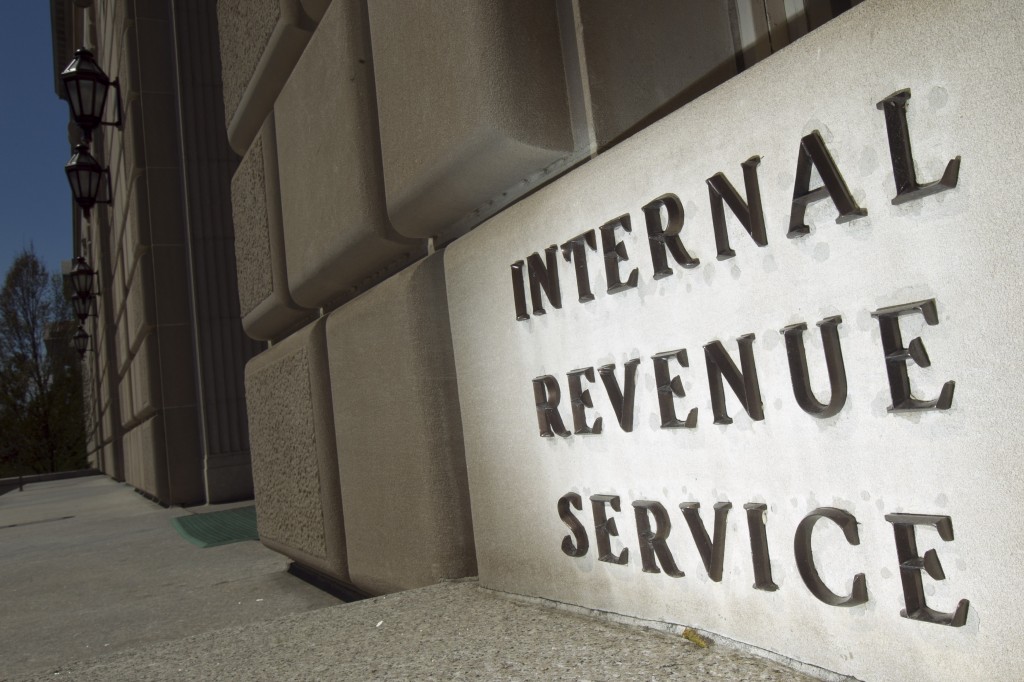- New Revenue Formula Far From Sight – Investigation
The quest for a new revenue formula by state governments in order to meet the demands of the proposed new minimum wage may be headed for the rocks, as investigation showed that the draft of the new revenue formula may not make it to fruition.
Another stumbling block facing the quest for a new revenue formula is the composition of the Revenue Mobilisation Allocation and Fiscal Commission which has the power to draft the revenue formula before it is presented to the National Assembly through the President.
Although RMAFC had in 2014 finished work on a new revenue formula, the draft had not yet been presented to the National Assembly as the Presidency under both Dr Goodluck Jonathan and Muhammadu Buhari had tactically declined to receive the draft in order to maintain the status quo.
Inside experts who spoke to our correspondent on condition of anonymity said that the work that RMAFC finished in 2014 needed to be reviewed because the law stipulated that the revenue formula should be reviewed every five years.
A commissioner who spoke to our correspondent on condition of anonymity noted that time had eroded and rubbished the draft of the new revenue formula.
The source said, “The parameters on which that draft was based had changed with time. They are no longer tenable. In fact, there are aspects that are supposed to be reviewed every year.
“However, the law stipulates that the sharing formula for the three tiers of government should be reviewed every five years. From 2014 to 2019, there are five years. So, even the draft document is due for another review.”
Our correspondent learnt that the composition of RMAFC made it impossible for the commission to undertake to review the draft or even to take any other major policy because it could not form a quorum.
A source said, “RMAFC is a constitutional body and the law requires that a forum is formed only when there are at least one- third of the members. The commission is supposed to have 37 members and a chairman. Only seven members are left. You require at least 13 members to form a quorum.”
Each of the states of the federation as well as the Federal Capital Territory is supposed to be represented in the body but only seven states are currently represented in the commission.
The states that are still represented in the commission are Sokoto, Borno, Adamawa, Taraba, Osun, Imo and Bayelsa. This implies that 29 states and the FCT are not currently represented. Even some of the seven members are supposed to retire soon.
Similarly, the body has had no substantive chairman for about four years. The last substantive chairman, Mr. Elias Mbam, from Ebonyi State, left office when his tenure ended in November 2015. Mr Umar Gana, representing Borno State, has been Acting Chairman since then.

 Forex3 weeks ago
Forex3 weeks ago


 Naira2 weeks ago
Naira2 weeks ago
 Billionaire Watch2 weeks ago
Billionaire Watch2 weeks ago






 Naira3 weeks ago
Naira3 weeks ago






 Naira2 weeks ago
Naira2 weeks ago


 Naira1 week ago
Naira1 week ago




 Naira4 weeks ago
Naira4 weeks ago






 Naira1 week ago
Naira1 week ago






















